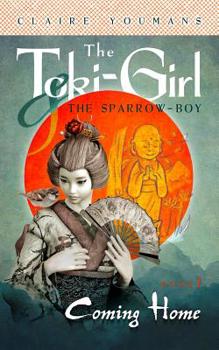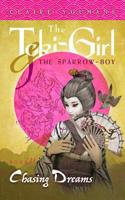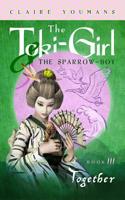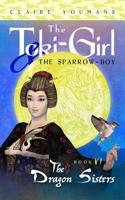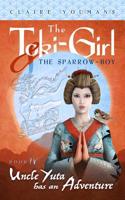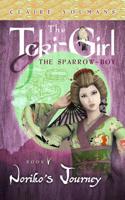Coming Home: The Toki-Girl and the Sparrow-Boy, Book 1
Her only choice is to run away. But if she can't return in time, she'll be an outcast for life
Japan, 1870. For bird-girl Azuki, being dual-natured is dangerous. With a greedy overlord coveting her beautiful Toki feathers, she attempts to keep her head down. But when he murders her parents in a failed kidnapping, Azuki's only escape is to spread her wings and take to the skies.
Sparrow-boy Shota has no time to grieve. As his mother dies in his arms, he makes a promise to find his sister and warn her that she must come back. For unless Shota and Azuki make it home by the quarter-day, they'll lose their chance to return forever.
As he barters his way across the country, the obstacles of ogres, storms, and time stand between two siblings and their hopes of citizenship and happiness.
In a rapidly-modernizing world, can Azuki and Shota return before they're banished without a place to call home?
Coming Home is the enchanting first novel in the Toki-Girl and the Sparrow-Boy historical fantasy series. If you like mythical creatures, unique folklore, and fast-paced adventure, then you'll love Claire Youmans' captivating tale from the Meiji Era.











